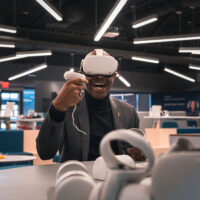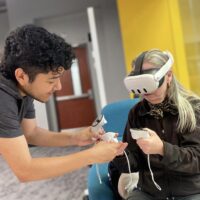Last week at the GlobalMindED Conference in Denver, educators, technologists, and social innovators came together to explore one of the most urgent and inspiring questions in education: how do we prepare students not just to adapt to emerging technologies, but to lead their evolution?
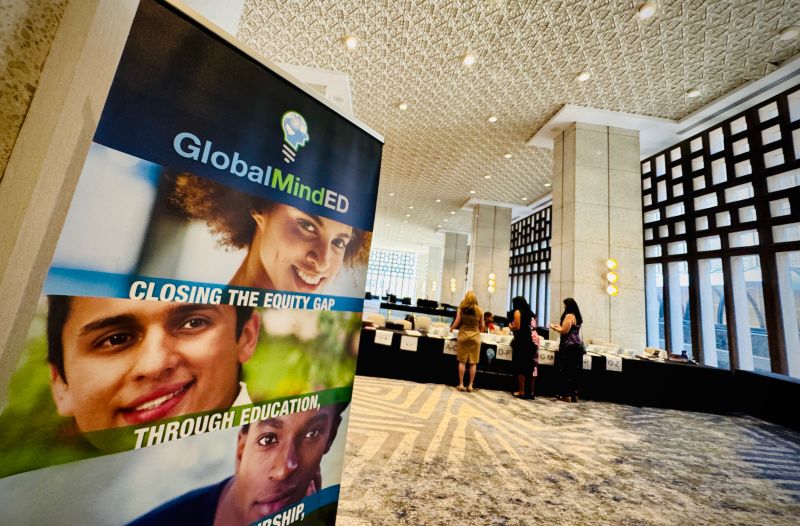
I moderated a panel on Emerging Technology Through Student-Led Innovation: Anticipating Cutting Edge Challenges, featuring an extraordinary group of thinkers and practitioners:
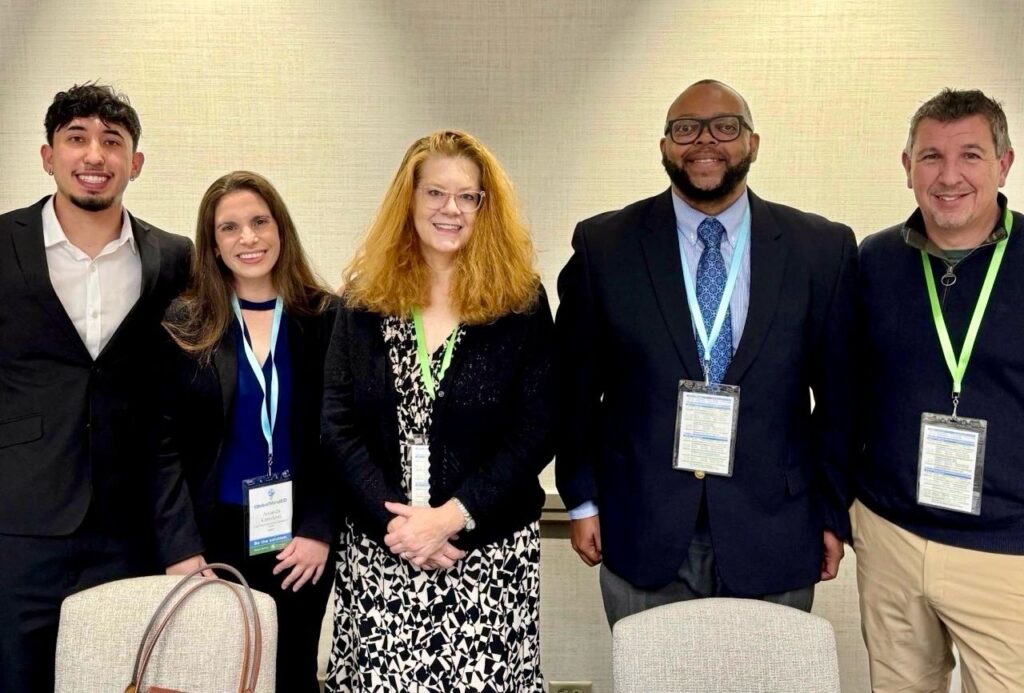
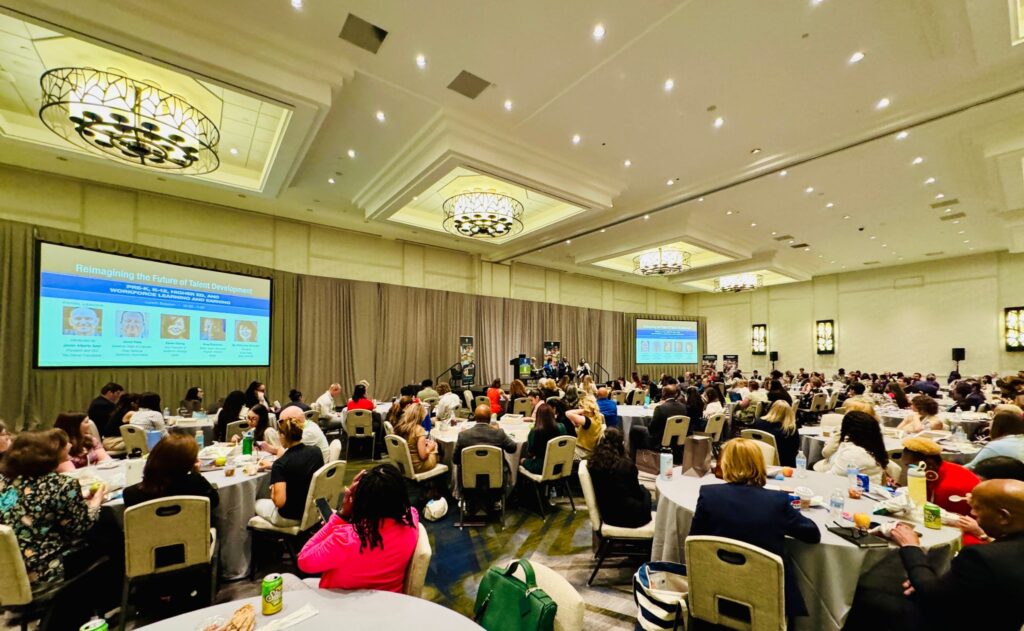
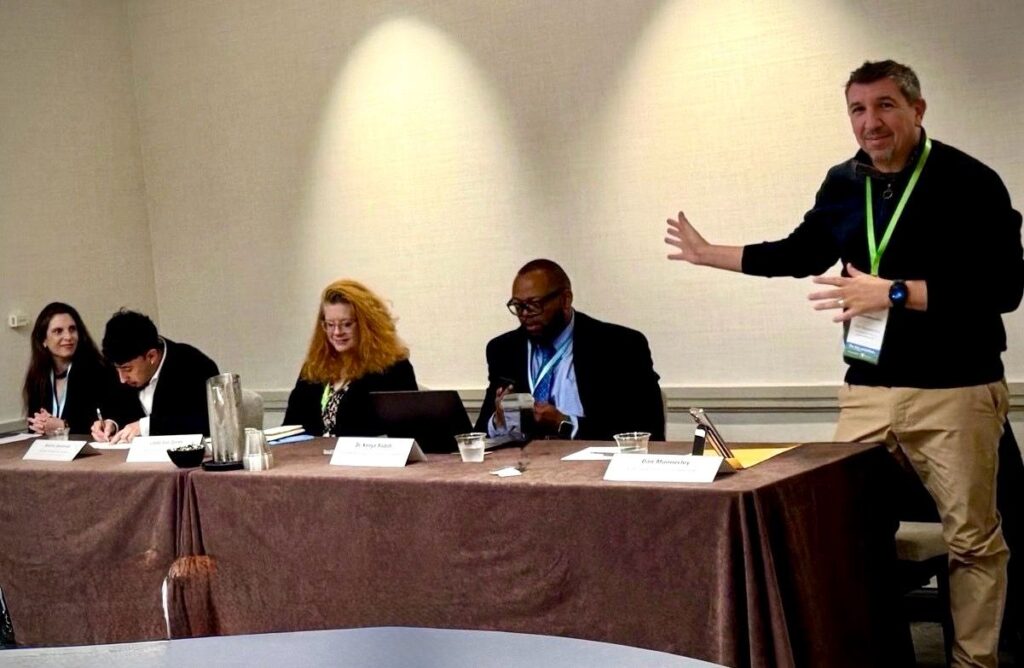
- Amanda Camilotti – Legal Expert and Artificial Intelligence Trainer, Outlier
- Dr. Kenya Oscar Radoli – Principal Business Innovation Consultant, Carnegie Mellon University
- Linda Van Doren, Ed.D. – Vice President of Education, Emily Griffith Technical College
- Andrés Quintanar – Neuroscience and Data Science Graduate, University of Southern California
Together, we explored how student-driven innovation is reshaping the ethical, social, and institutional dimensions of technology — and how universities, communities, and industries can create the conditions for this kind of experimentation to thrive.
Designing the Future, Not Just Preparing for It
Across the discussion, a common theme emerged: the future belongs to those who prototype it.
Students today are already reimagining systems — from AI and data science to sustainability and civic technology — not as consumers of technology, but as designers of equitable and adaptive futures.
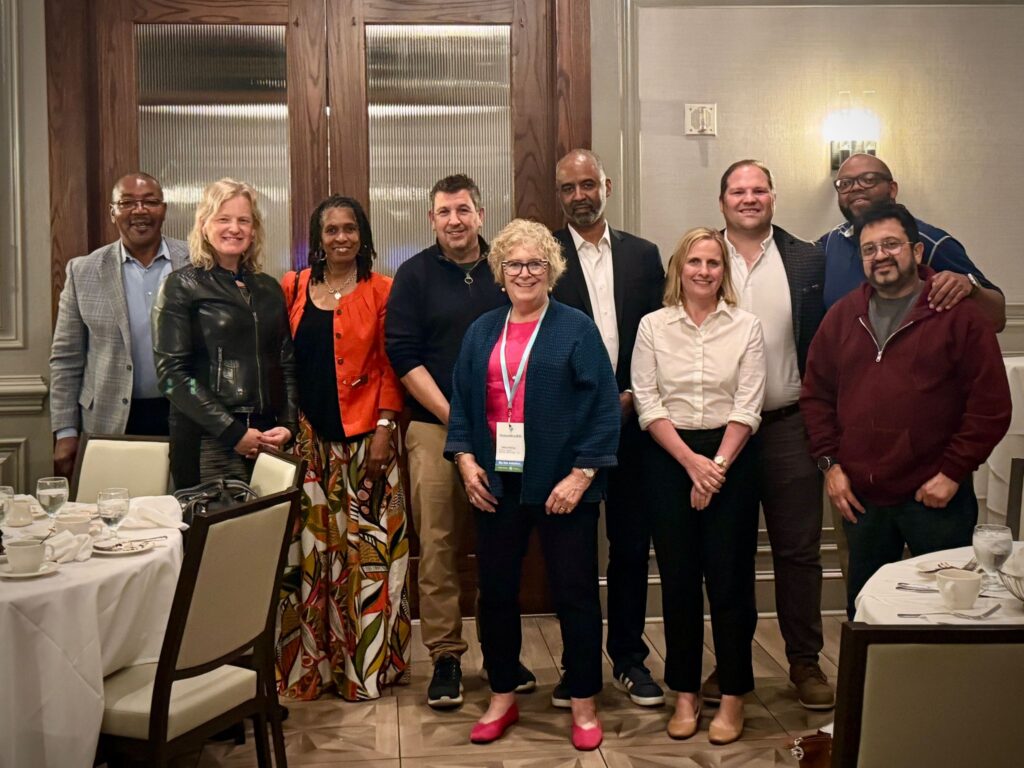
Our conversation spanned:
- The role of gameful design in inspiring new STEM pathways and problem-solving mindsets.
- How AI tooling is reshaping research and creativity in education and beyond.
- The opportunities for AI to revolutionize space exploration, defense innovation, and materials science, shared by leaders such as Gregory Robinson (Program Director, Webb Space Telescope) and Aprille Ericsson (former Assistant Secretary of Defense, AFWERX).
- The responsibility of institutions to foster ethical imagination alongside technical skill.
Reflections and Highlights
A special highlight was an evening of deep, creative dialogue at the leadership dinner, where I had the chance to exchange ideas with Vivienne Ming, whose perspective on “original innovation” is both visionary and pragmatic. Her forthcoming book, How to Robot-Proof Your Kids, captures many of the same questions we explore at ASU Next Lab — how to help people think creatively with technology, not merely about it.
GlobalMindED continues to demonstrate how collaboration across sectors — education, policy, industry, and community — can drive a more inclusive and imaginative technology ecosystem.
“When students lead innovation, education becomes a living system — one that learns, adapts, and evolves with the world it seeks to change.”
Gratitude
Thank you to Carol J. Carter and the entire GlobalMindED team for creating a space where ideas, disciplines, and generations intersect with purpose.
And gratitude to Dr. Kenya Oscar Radoli, Amanda Camilotti, Linda Van Doren, and Andrés Quintanar for their insight and generosity — as well as to colleagues and friends who continue to advance this shared mission across ASU and beyond.

